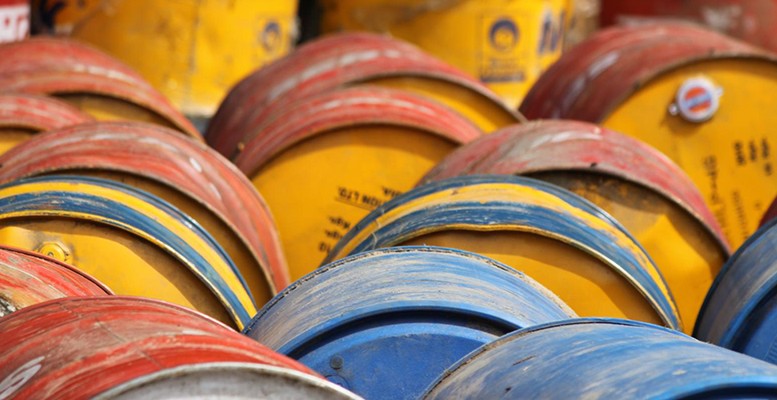UBS | In recent notes (” Trouble down the line “, ” The outlook for OPEC production capacity “) we detailed the meaningful slow-down in activity we are seeing across the industry. This is being driven by a reassessment of portfolios, on grounds of affordability and in reaction to structural and cyclical deflationary dynamics. In this note we show the effect of this slowdown on investment levels. The results have been dramatic.
A staggering fall in investment
Using our global coverage universe of 89 major integrated, E&P and emerging market oil & gas companies and following the latest round of company updates, we estimate capex will fall by 44% over 2014-16. This is a staggering $232bn of annual upstream investment. Our coverage universe accounts for 64.8Mboe/d or 43% of global oil and gas production, more if we were to gross up for partner participation. Low oil and gas prices are also impacting the ostensibly robust downstream where integrated budget cuts mean that capex is also likely to be down by 34% or $22bn.
Activity or productivity?
As we highlighted in our recent note ” Upstream costs: deflation accelerates ” there is a material self-help opportunity for the industry. Supply chain costs are significantly down and companies are highlighting meaningful project scoping improvements, although in both cases these are somewhat theoretical as there is barely any new activity being contracted. Thus the fall in spending is largely activity driven. This is clear in industry data such as the US rig count (down 74% from the Sept 14 peak), the international offshore rig count (down 29% from its Nov 14 peak), and the dwindling order books of the oilfield service industry. Projected capex intensity in the upstream industry implies a level of efficiency (F&D) not seen in a decade-unlikely in our view.
A looming crunch
The scale of the decline in investment perhaps provides some insight into why a fall in the oil price isn’t as unequivocally positive for the global economy as had been thought. Meanwhile work on productivity continues and the need to show that this has be en addressed likely means only a slow pick-up in spending as and when oil prices stabilise and begin to rise. Absent demand problems this confirms a looming capacity shortage.





